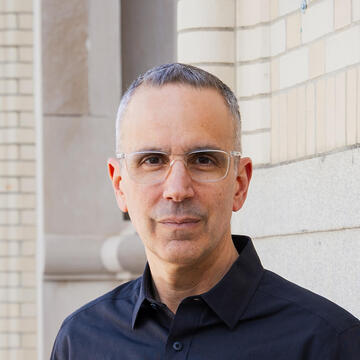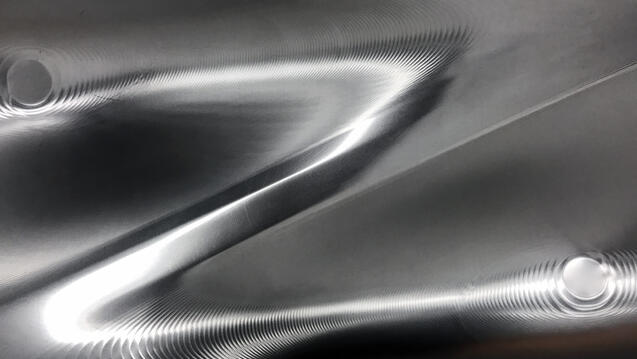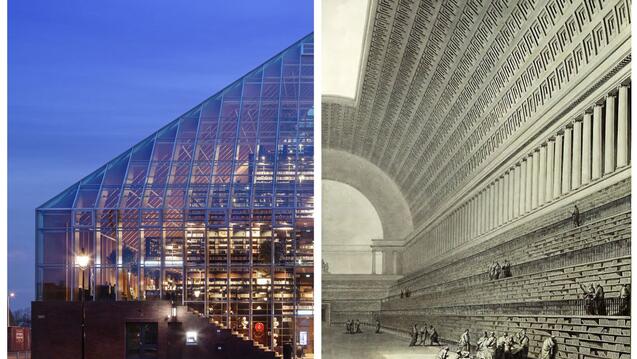
Jeremy Ficca

Jeremy Ficca is an architect based in Pittsburgh, Pa., where he is an Associate Professor in the School of Architecture at Carnegie Mellon University. Jeremy’s current work operates at the intersection of materiality and technology and is interested in transitions toward post-carbon architecture. This work explores the expansive role material practices play in informing the rapport we have with materials and the environments we inhabit.
His current work focuses on robust, biogenic approaches to architecture that invigorate architectural expression through the use of carbon sequestering hemp lime. Jeremy’s work and teaching have been supported by various organizations, including Carnegie Mellon Architecture’s PJ Dick Innovation Fund, The Alcoa Foundation and Autodesk. Recent recognitions include a ACSA Best Project Award, ACSA Creative Achievement Award and AIA Pittsburgh Honor Award. Jeremy’s work has been featured in Performative Materials in Architecture, Matter and Digital Fabricators, and exhibited at Roca Gallery London, The Mattress Factory and The Municipal Art Society of New York.
At Carnegie Mellon, Jeremy serves as Track Chair of the Master of Advanced Architectural Design (MAAD) program and founding director of the Design Fabrication Lab (dFAB). With his students, Jeremy seeks to co-create a learning culture that foregrounds the ethical dimensions of design and articulates the values that inform our common purpose.
Jeremy is a licensed architect in Pennsylvania and holds a post-professional Master of Architecture from Harvard University, and a Bachelor of Architecture from Virginia Tech. Prior to his position at Carnegie Mellon, Jeremy was on the faculty at North Carolina State University.
This studio introduces integrated architectural design as the synthesis of disparate elements, demands and desires. It situates architecture as a technological, cultural and environmental process that is inherently contingent and entangled yet tethered to a historical project of autonomy.
Fall 2024 Teaching
This course explores several evolving topics of material and digital culture in contemporary architectural design, research and practice in order to provide foundational knowledge necessary for the establishment of the MAAD thesis proposal.
The Master of Advanced Architectural Design (MAAD) program culminates with a design thesis in the final year of studies. This two-semester independent project allows students to conduct design research and develop a project on a topic they have defined in consultation with the program track chair.
This course builds upon this rich history and foregrounds architectural component customization to explore prototyping and customization within the context of contemporary practice.



